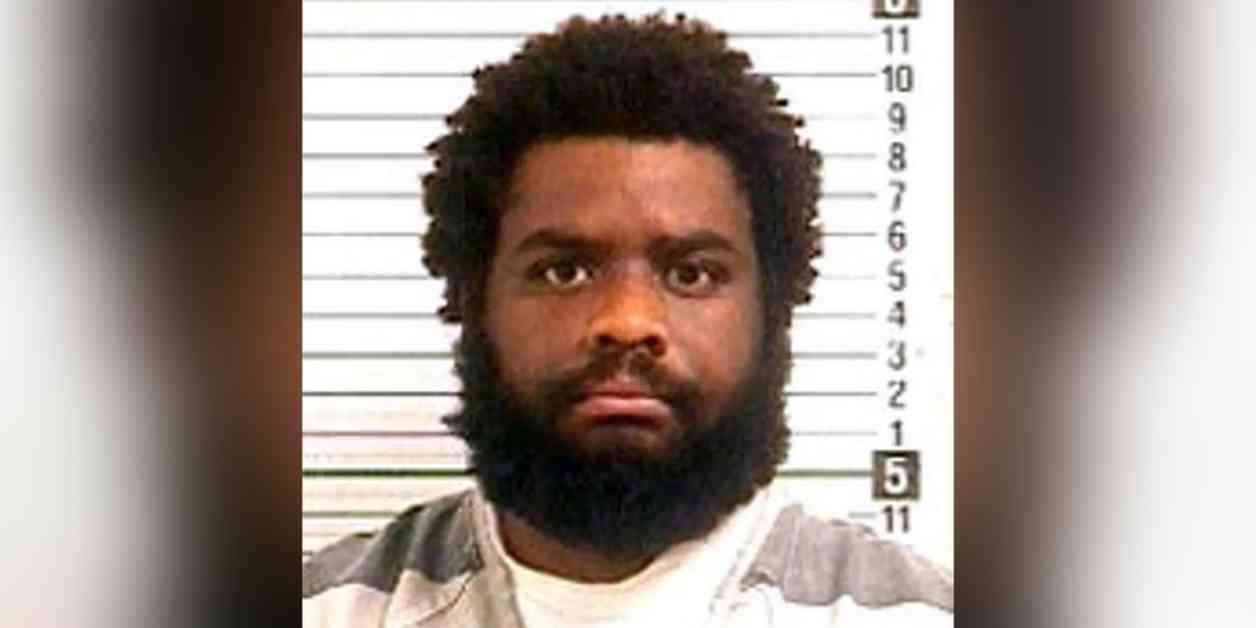A man who admitted to the gruesome 2011 murder of a homeless man in Connecticut, during which he also consumed parts of the victim’s body, has been granted conditional release from Connecticut Valley Hospital in Middletown. This decision was made by the state’s Psychiatric Security Review Board, allowing Tyree Smith to leave the hospital under supervision while continuing to receive mental health care and monitoring.
Smith, described as a “joy” and a calming presence by his doctor, has undergone rehabilitation and is currently taking medications to manage his psychosis and auditory hallucinations. Forensic psychiatrist Caren Teitelbaum attested to his stability, medication compliance, and active engagement in therapy, highlighting his positive influence on fellow patients at the hospital.
Despite these assurances, concerns have been raised by GOP state Sen. Paul Cicarella and others about Smith’s release, given the severity of his crimes. Cicarella, along with several Republican colleagues, expressed outrage at the decision, labeling it as “mind-boggling” and emphasizing the potential threat to public safety. They questioned the justice of allowing a convicted killer and cannibal to walk free, particularly in light of the victim’s family’s objections.
In 2013, Smith was found not guilty by reason of insanity in the death of Angel Gonzalez, whom he killed with an ax before consuming parts of his brain, an eye, and other organs at a local cemetery. Following this ruling, Smith was committed to Connecticut Valley Hospital for a 60-year term, a decision that Gonzalez’s sister-in-law, Talitha Frazier, urged to uphold during the recent hearing.
Frazier expressed deep concerns about Smith’s release, citing the lack of remorse he displayed for the heinous crime and the ongoing fear experienced by Gonzalez’s family. She questioned the board’s confidence in Smith’s rehabilitation and ability to reintegrate into society without posing a threat to others. The emotional impact of the murder on the victim’s loved ones was palpable, as Frazier shared the fear and trauma experienced by Gonzalez’s daughter and grandchildren.
As part of his conditional release, Smith will initially receive day passes within the hospital’s premises, gradually transitioning to supervised off-site visits as he demonstrates progress and stability. The plan aims to balance Smith’s treatment needs with public safety considerations, ensuring a gradual reintegration process that minimizes risks to the community.
Despite the assurances of his medical team regarding his progress and stability, Smith’s release raises complex ethical and safety concerns that continue to divide opinion. The delicate balance between mental health treatment, rehabilitation, and public safety underscores the challenges faced in managing cases involving severe crimes committed by individuals with mental health conditions.
As Tyree Smith embarks on this new phase of his treatment and reintegration process, the decision to grant him conditional release remains a subject of intense debate and scrutiny, reflecting broader questions about justice, mental health care, and public safety in the context of complex criminal cases. The impact on victims’ families, the principles of criminal justice, and the complexities of mental health treatment intersect in this case, highlighting the multifaceted nature of addressing violent crimes committed by individuals with mental illnesses.

